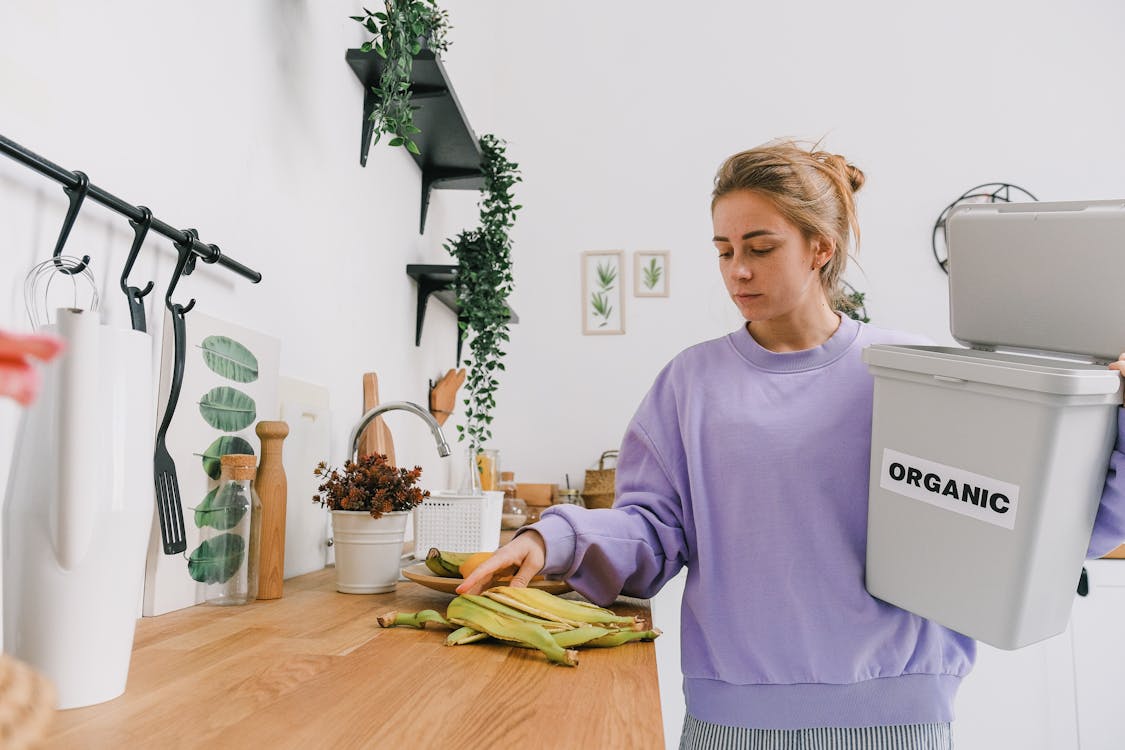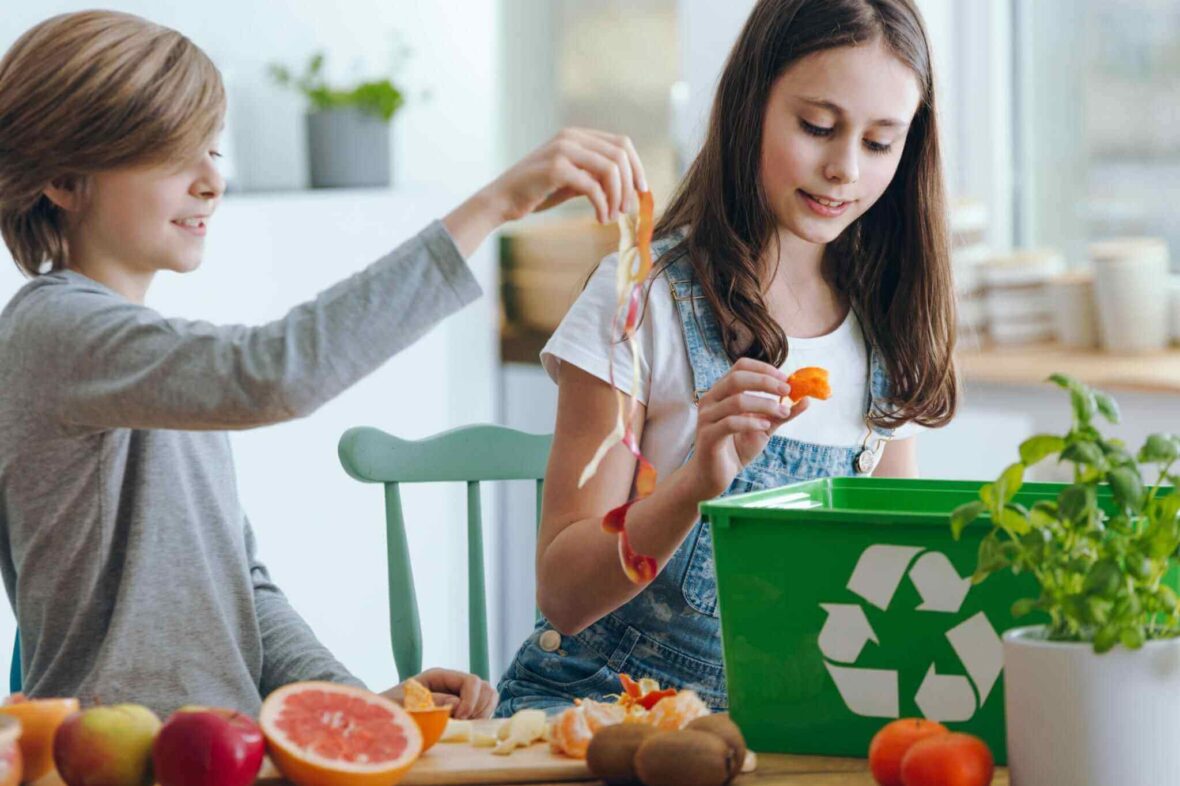Singapore is a city-state known for its innovative and efficient approach to urban planning and sustainability. The country has made significant strides towards achieving zero waste in recent years. From implementing strict waste reduction policies to promoting sustainable practices, Singapore has emerged as a leader in waste management.
Food waste is one of the key areas of focus for Singapore’s waste reduction efforts. According to the National Environment Agency (NEA), food waste accounts for about 10% of the total waste generated in the country. Singapore has implemented several initiatives to promote food waste recycling to address this issue.
Contents
1. Food Waste Segregation At Source

One of the most notable initiatives is the implementation of mandatory food waste segregation at source. This means that households, commercial and industrial premises, and institutions must separate their food waste from other types of waste before disposal. The separated food waste is then collected and sent to a dedicated treatment facility.
2. Food Waste Recycling Programme (FWRP)
Singapore has also launched several food waste recycling programs to encourage individuals and organizations to recycle their waste. One such program is the Food Waste Recycling Programme (FWRP), which provides households and commercial premises with food waste recycling bins and composting machines.
The FWRP aims to reduce the amount of food waste sent to landfills by diverting it to composting facilities, where it can be turned into nutrient-rich compost for landscaping and agricultural purposes.
3. Food Waste Reduction And Recycling Fund (FWR2)
Another program is the Food Waste Reduction and Recycling Fund (FWR2), which supports companies and organizations implementing food waste reduction and recycling projects. The fund encourages innovation and collaboration in food waste recycling and has supported several successful projects.
In addition to these initiatives, Singapore has also launched public awareness campaigns to educate individuals and organizations on the importance of food waste reduction and recycling. These campaigns include workshops, exhibitions, and other events to raise awareness and encourage action. As a result of these efforts, Singapore has made significant progress toward achieving zero waste.
According to the NEA, the overall recycling rate in Singapore reached 63% in 2019, up from just 42% in 2000. In addition, the amount of food waste generated per capita has decreased from 140 kg in 2011 to 101 kg in 2020. However, there is still much work to be done. Despite the progress made, food waste remains a significant challenge in Singapore. According to the NEA, only about 17% of food waste was recycled in 2019. To address this issue, the government has set a target of recycling 30% of all food waste by 2030.
Conclusion
Singapore’s approach to achieving zero waste is a model for other countries. Singapore has made significant progress toward reducing food waste and achieving zero waste by implementing strict waste reduction policies, promoting sustainable practices, and launching public awareness campaigns.
However, continued efforts and innovation will be necessary to achieve the country’s ambitious waste reduction targets and ensure a sustainable future for future generations. Check out how significant food waste recycling Singapore has achieved through the help of banking institutions like DBS. DBS kickstarted its bank-wide Zero Food Waste (ZFW) initiative in 2020.




